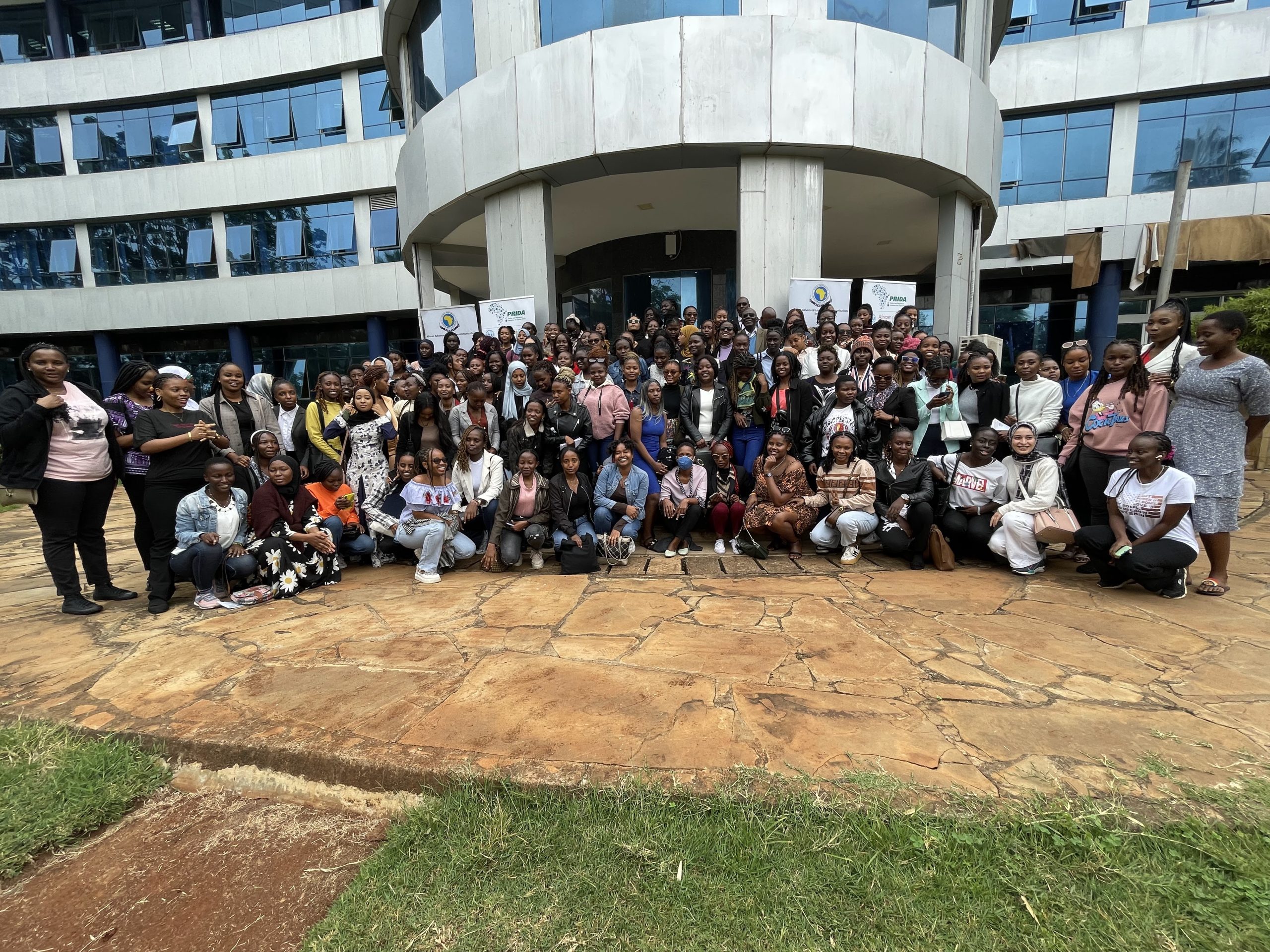
AFRALTI TRAINS 146 YOUNG WOMEN IN SPECTRUM MANAGEMENT
Spectrum Management (SM) is a highly specialized and vital activity in the field of telecommunications which involves a combination of administrative, scientific and technical procedures necessary to ensure efficient operation of radiocommunication services in each country, region and across the globe. However, it rarely gets any serious degree of attention in the formal educational programs available at engineering institutions and universities. This may be explained by its niche role and by the fact that the target employment opportunities for professionals trained in the SM field would be very limited – primarily as the staff of the National Regulatory Authorities (NRAs) in charge of telecommunications. Secondary employment options for spectrum managers are few and far between, such as within the planning departments of mobile network operators and similar large wireless communication companies and groups.
Having identified this educational gap, the Policy and Regulation Initiative for Digital Africa (PRIDA) fully funded a one (1) week training in English on Spectrum Management for 146 young women across the English-speaking African countries who are currently in their final year of undergraduate or beginning masters studies.
The training was facilitated by the African Advanced Level Telecommunications Institute (AFRALTI) from the 14th -18th August 2023 at the main campus along Waiyaki Way, Nairobi. The young women hailed from the following countries: Kenya, Ghana, Nigeria, Egypt, Rwanda, Tanzania, Zimbabwe, South Africa, Ethiopia, Eswatini, Malawi, Liberia, Uganda, South Sudan, Cameroon, Gambia, Namibia, Mauritius, Lesotho and Zambia.
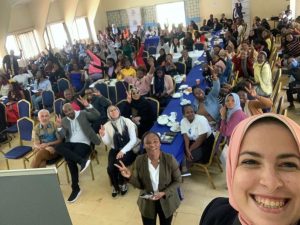
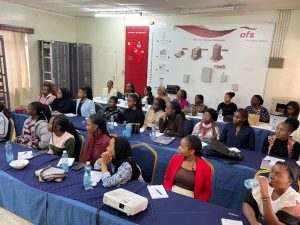
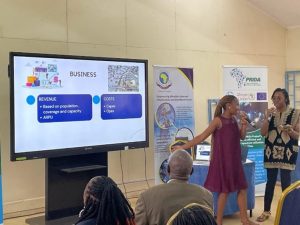
AFRALTI, as a global ITU Academy Training Centre (ATC), carried out the training with an aim to provide foundational knowledge on spectrum issues and the significant aspects pertaining to the radio frequency (RF) spectrum, its applicability, usage and services, awareness and understanding on spectrum management. It also used the chance to inspire and motivate the participants to the programme to pursue studies relating to RF spectrum and spectrum management.
The young women experienced exciting sessions during the training where they interacted with RF spectrum technology simulations and demonstrations while at the same time providing an understanding of the regulatory landscape of the RF spectrum alongside the aspects of economics and monitoring.
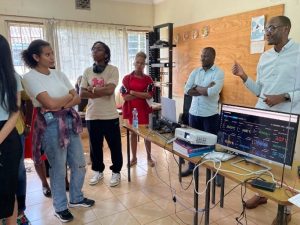
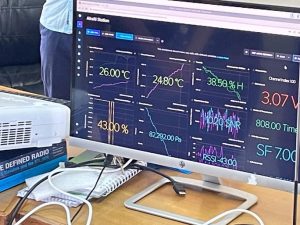
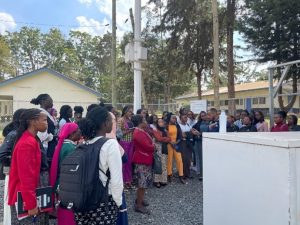
AFRALTI partners also supported the training by giving talks on the various landscapes of spectrum in Africa. Partners present were; the Communications Authority of Kenya represented by Dr. Gilbert Mugendi, Deputy Director – Research Innovation & Knowledge Management, Mr. Adam Lane, Senior Director of Public Affairs at Huawei, Ms. Martha Suarez, President at Dynamic Spectrum Alliance and Ms. Josephine Miliza from the Association of Progressive Communications.
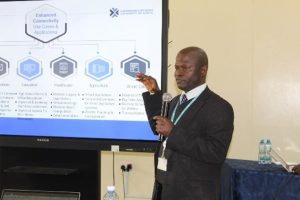
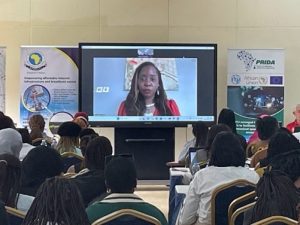
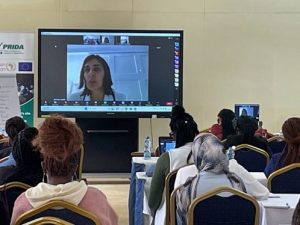
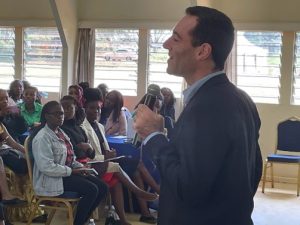
At the end of the training the young women visited the Frequency Spectrum Management Division at the CA to be shown how Spectrum Monitoring is conducted by the regulator. They later on enjoyed an excursion in Nairobi.
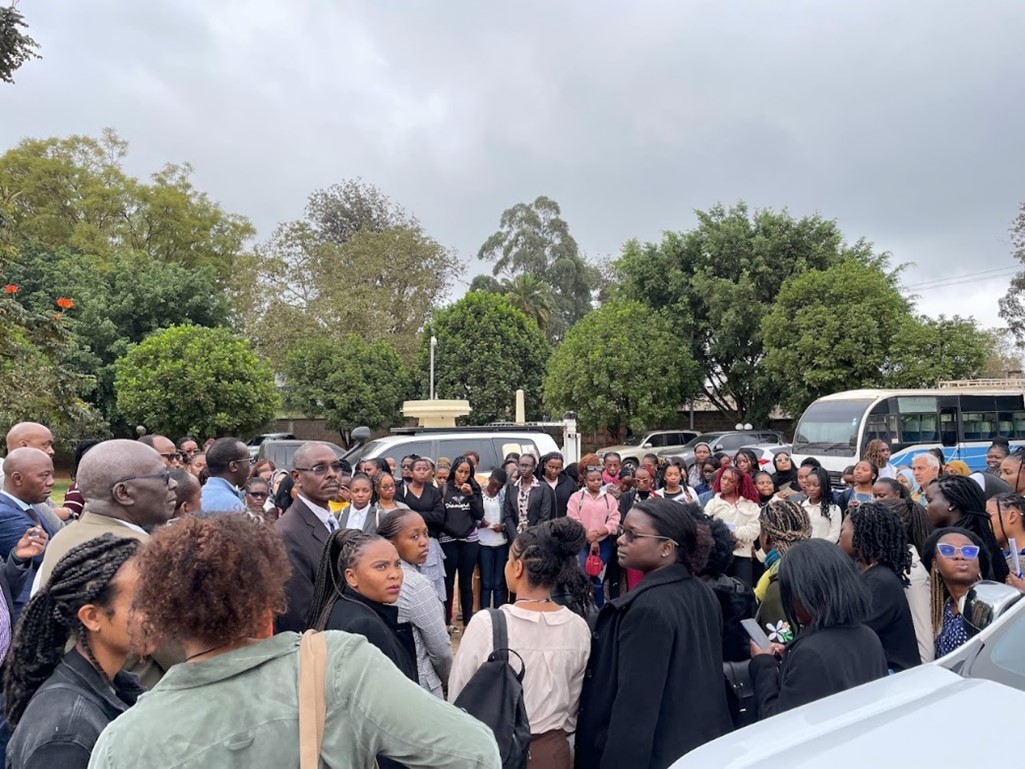
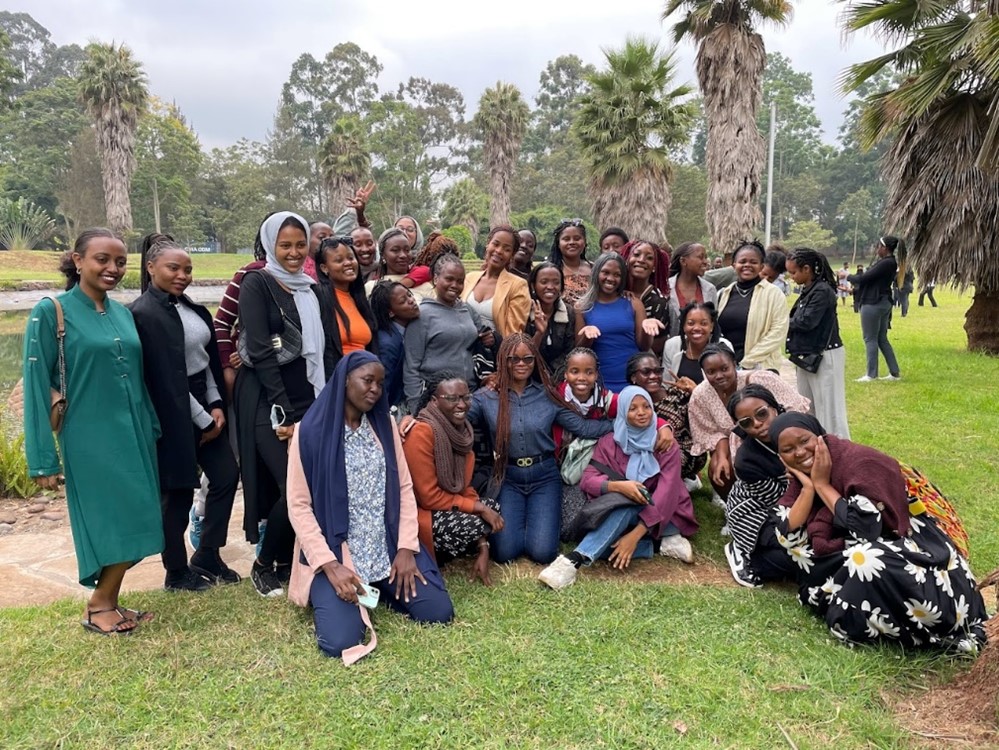
The young women had this to say about their experience:
“The training exceeded all my expectations, thanks to your dedication, expertise, and passion for empowering young women like me in the field of spectrum management. The sessions were not only informative but also engaging and thought-provoking. I appreciated the interactive discussions, hands-on activities, and the opportunity to connect with fellow participants from diverse backgrounds. The insights shared by the guest speakers were particularly enlightening and have broadened my perspective on the impact of spectrum management on our world. As I reflect on my time in Nairobi, I am excited about the possibilities that lie ahead. I am committed to applying the knowledge gained during this training to drive positive change in spectrum management practices and contribute to the advancement of technology in Africa. I am also determined to inspire other young women to pursue careers in this field and help create a more inclusive and diverse industry.” Salma Abdulkadir – Nigeria
“It was a life changing and exhilarating experience for me as a lady in tech to be part of this training. Spectrum management is among the male dominated fields in the tech/engineering industry. This training inspired and motivated me to navigate this field. Given the importance of spectrum in our daily lives, it is very important to have diversity in this field. I am now able to advise women who aspire to navigate this field to really go for it. The journey will not be easy, but it is very possible. It is such an inspiration and honour to know that the secretary-general of ITU is a woman with quite a number of men reporting to her.” Patricia (Chidochashe) Matekwe – Zimbabwe
“I applied for this opportunity not knowing a lot about telecommunications and how the radio frequency spectrum is used to enable international communications but by the time the training ended, I had learned a lot until I presented on behalf of my group. Why am I writing all this? As ladies I know we suffer from imposter syndrome, and we feel like we’re not qualified to study for or apply for some opportunities. Preparation is key in getting some opportunities but do not wait to tick all the boxes before you apply.” Ngumih Fien – Cameroon
“Grateful for the enlightening week at the Spectrum Management training in Nairobi, Kenya organized by International Telecommunication Union PRIDA and The African Advanced Level Telecommunications Institute (AFRALTI) . I get to experience showcased Kenya’s remarkable tech strides and infrastructure, reflecting the nation’s commitment to innovation. The training highlighted the crucial role of Radio Frequency spectrum management in optimizing wireless communication resources, ensuring efficient connectivity across the country especially TV white spaces in connecting rural Kenya. Kudos to the organizers for fostering knowledge exchange and to Kenya for its dedication to tech advancement!” Aji Fama Jobe – The Gambia
“As a young woman in Tech from Liberia, this was an exceptional opportunity. This training goes beyond understanding spectrum, allocation, monitoring, licensing, wireless technologies but also it’s vital role in the development that managing spectrum brings to a country.” Denise Musulyn Grandoe – Liberia
“It’s been an incredible journey alongside talented African women in STEM who are in their final year or have recently graduated. The initiative focuses on improving gender diversity in STEM, especially in the Spectrum management field. From visiting the Communications Authority of Kenya to witness firsthand how spectrum management works, to engaging with inspiring women from across African nations – this experience has truly expanded my horizons. Here’s to the power of collaboration, learning, and paving the way for a brighter future in the world of technology.” Elizabeth Musanga – Kenya




